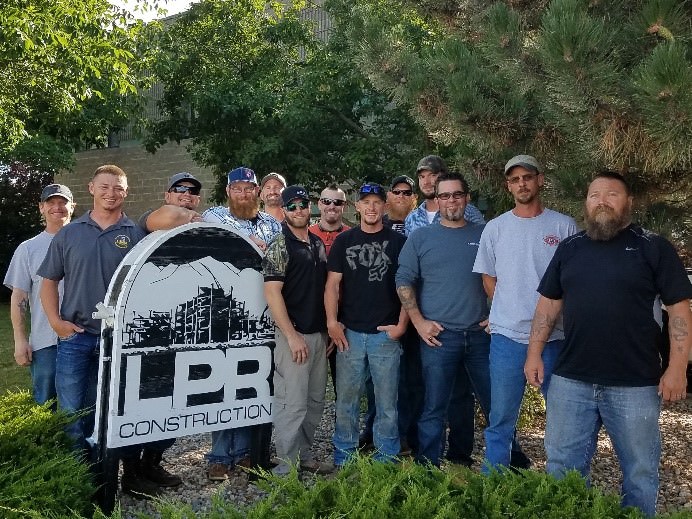
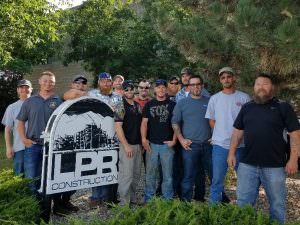
“Each dollar invested in craft training can yield $1.30 to $3.00 in benefits through increased productivity and reductions in turnover, absenteeism and rework.”
This quote from an article in The Cornerstone: A Construction Publication for Workforce Development Professionals challenges all of us as we work to create training, and provide training opportunities, for our Craft Workforce. It’s not only a money issue. Well trained and tooled craft employees work more safely, yield a better quality product, and projects with a well-trained craft workforce require less rework.
LPR has always been known for quality craft training. Utilizing a well-equipped training room, a state of the art welding shop, a training tower and a mobile training facility, craft employees have learned how to properly tie off, read prints, read iron and use craft tools safety. Craft employees traditionally would begin their employment with two weeks at the Loveland corporate office, heading to a Colorado jobsite to begin a career as an ironworker.
But as LPR has grown beyond the Colorado borders, with steel projects for organizations such as the Atlanta Braves and large industrial ACC projects also located on the east coast, providing training at the corporate office for all craft employees quickly became no longer scalable. Projects began hiring locally, and the time and cost to send new craft hires to Colorado for training impacted already tight project schedules. In addition, although LPR trainers conducted a comprehensive craft training program, supported by the NCCER curriculum, there continued to be ‘lost training opportunities’ where learning really happens – at the project site.
In response to the needs of both our apprentices and journeymen, the LPR Craft Training team is taking a more innovative approach to training craft employees and implementing a Mentor Training Model. All craft employees will continue to access the NCCER curriculum either in book form or as an interactive learning opportunity on the LMS, as well as do both test and performance assessments supported by NCCER trained assessment administrators and proctors.
What is different is that each apprentice and developing journeymen will be assigned a mentor to support the learning process and to help navigate the needs of LPR’s newest and developing craft employees. Mentors are LPR established journeymen, leadmen, foremen, general foreman. Tasked with creating strong and supportive relationships with their assigned apprentices, mentors encourage mentees to pace and complete their craft curriculum, provide leaning opportunities to meet required job hours and review and evaluate their progress as learners and employees. With an established minimum number of hours for one-to-one weekly interaction, our mentor team members easily meet that criteria, often exceeding the expectations set by the LPR Training team.
We know that employees that feel engaged with a company are more willing to stay with a company, even if a competing organization promises a higher pay scale. We also know that creating or accessing training opportunities on site encourages ongoing professional growth and allows for ongoing evaluation and direct feedback for our craft employees.
Forbes talks about the value of formal mentoring…, If You Consider Mentoring A “Soft” Function That Is Best Left To Informal Relationships at Work, Reconsider
The problem with unstructured, disorganized mentoring is that only certain people get mentored: we’re a tribal species. That leads to unfortunate gaps, overlooking possible gems, potential diversity and inclusion issues. We’re now a social sharing culture, always on social media and free with our IMOs and candid reviews. You can’t afford a scarred employer brand in this extremely competitive talent market. It’s just bad business.
LPR trained mentors will tell you that they are already informally mentoring apprentices at the job sites. The mentor model formalizes those activities and provides a structure that supports success for LPR Craft Apprentices.
If you have questions about LPR’s Craft Training Mentor Program, or are interested in implementing a mentoring model in your construction organization, please contact us at training@lprconstruction.com.

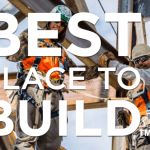

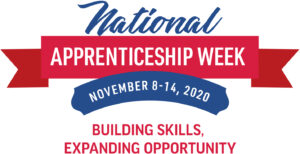
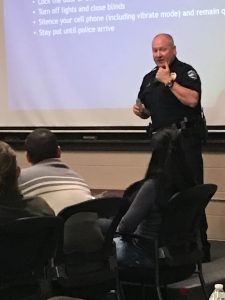
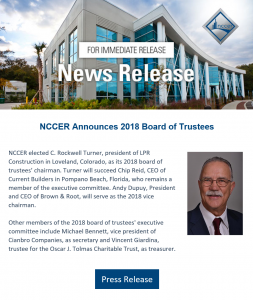

No comment yet, add your voice below!